Synthetic Labels for a Range of Applications
Synthetic labels are also known as plastic or filmic labels. These are most commonly made of (PE) Polyethylene or (PP) Polypropylene, or a mixture of both. Specialist applications may require Polyester or PVC materials.
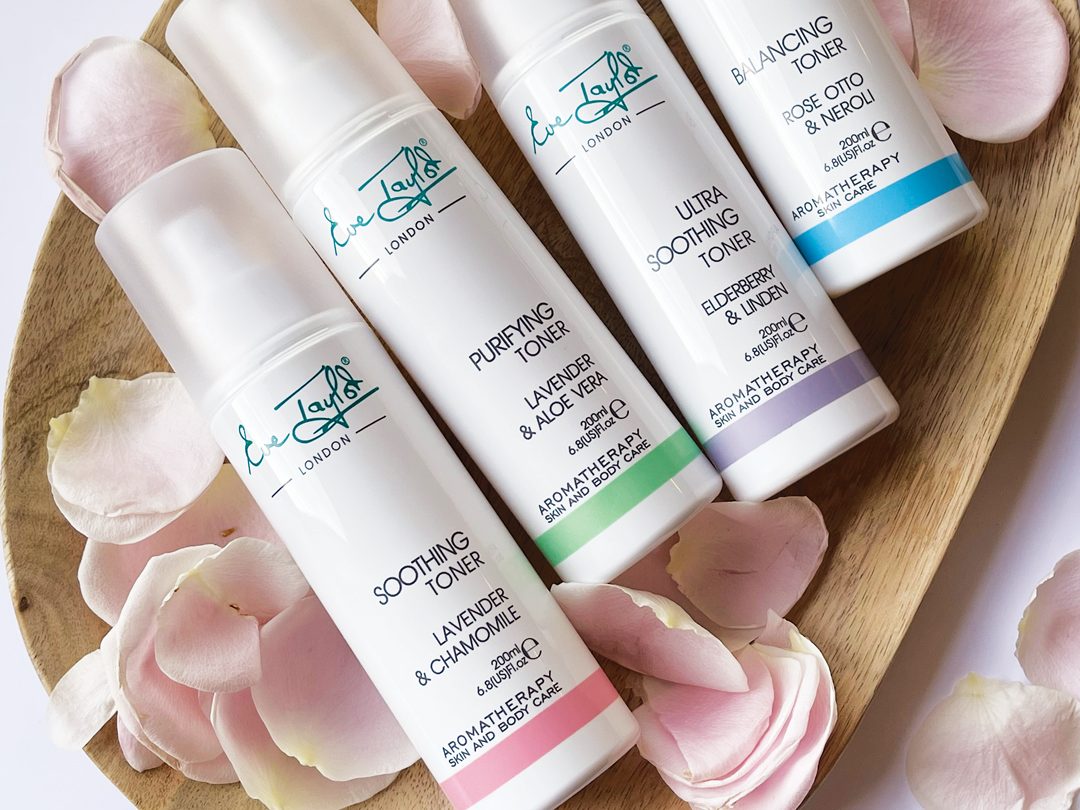
Tailoring synthetic labels to your specific needs
The right choice of filmic material will depend on final use as each has subtly different qualities.
Comparing Filmic Materials
The following filmic materials offer a wide range of applications in label production. From rigid and resistant Polypropylene to flexible and moisture-resistant Polyethylene, and from tough Polyester to rigid and durable PVC, explore the characteristics that suit your specific labeling needs.
Polypropylene (PP)
Polypropylene is a versatile thermoplastic polymer that has become a popular replacement to vinyl labels. It is rigid by nature and is resistant to water, oil, chemicals, and tearing, making it suitable for a range of indoor and outdoor applications and on products that may encounter challenging conditions during storage, transportation, or use. Used commonly for labels and can be recycled.
Polyethylene (PE)
Polyethylene is a softer more breathable synthetic material. It offers excellent resistance to moisture and heat making it suitable for a wide range of applications, particularly those that require durability and resilience in outdoor environments.
One of the advantages of polyethylene is its flexibility, which when used for labels allows it to conform to curved or uneven surfaces or containers that expand and contract, such as squeezy bottles. Polyethylene can however be more expensive and difficult to work with due to its flexibility, making it difficult to cut. It can also be more prone to tearing.
Polyester (PET)
Polyester films are known for their toughness and high-performance characteristics. They offer excellent outdoor durability, chemical resistance, and heat resistance, making them suitable for various applications. Polyester has remarkable dimensional stability and high tensile strength, ensuring that the film maintains its shape and withstands external forces. Some polyester films are flame retardant and used for applications such as electric cable labelling.
Polyvinyl Chloride (PVC)
PVC is a type of vinyl known for its rigidity and resistance to water, chemicals, and UV light. This makes PVC labels a popular choice for outdoor applications, industrial labelling, and products that may be exposed to very harsh environments and chemicals.
Often referred to as vinyl labels, these label materials have been criticized for their environmental impact, as PVC is a non-renewable material that can release harmful chemicals when incinerated or disposed of in landfills. PP labels are generally considered to be more environmentally friendly, as polypropylene is a recyclable and compostable material.
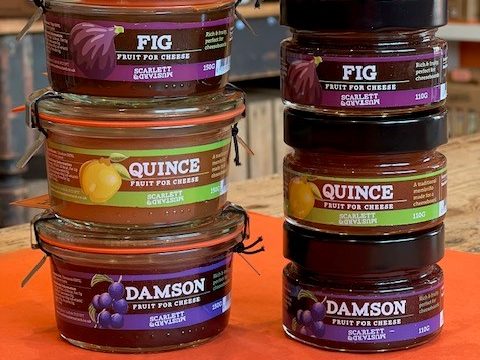
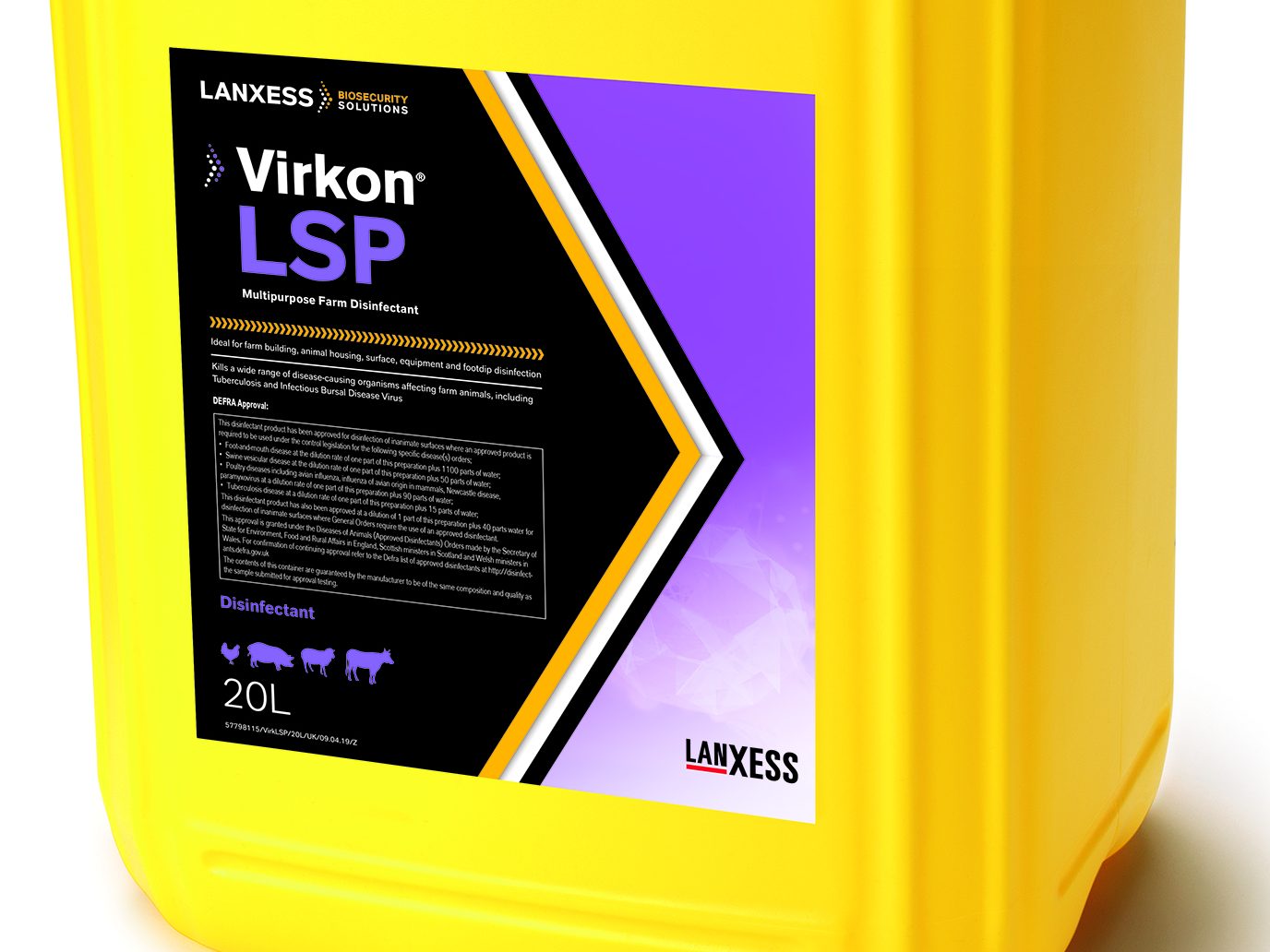
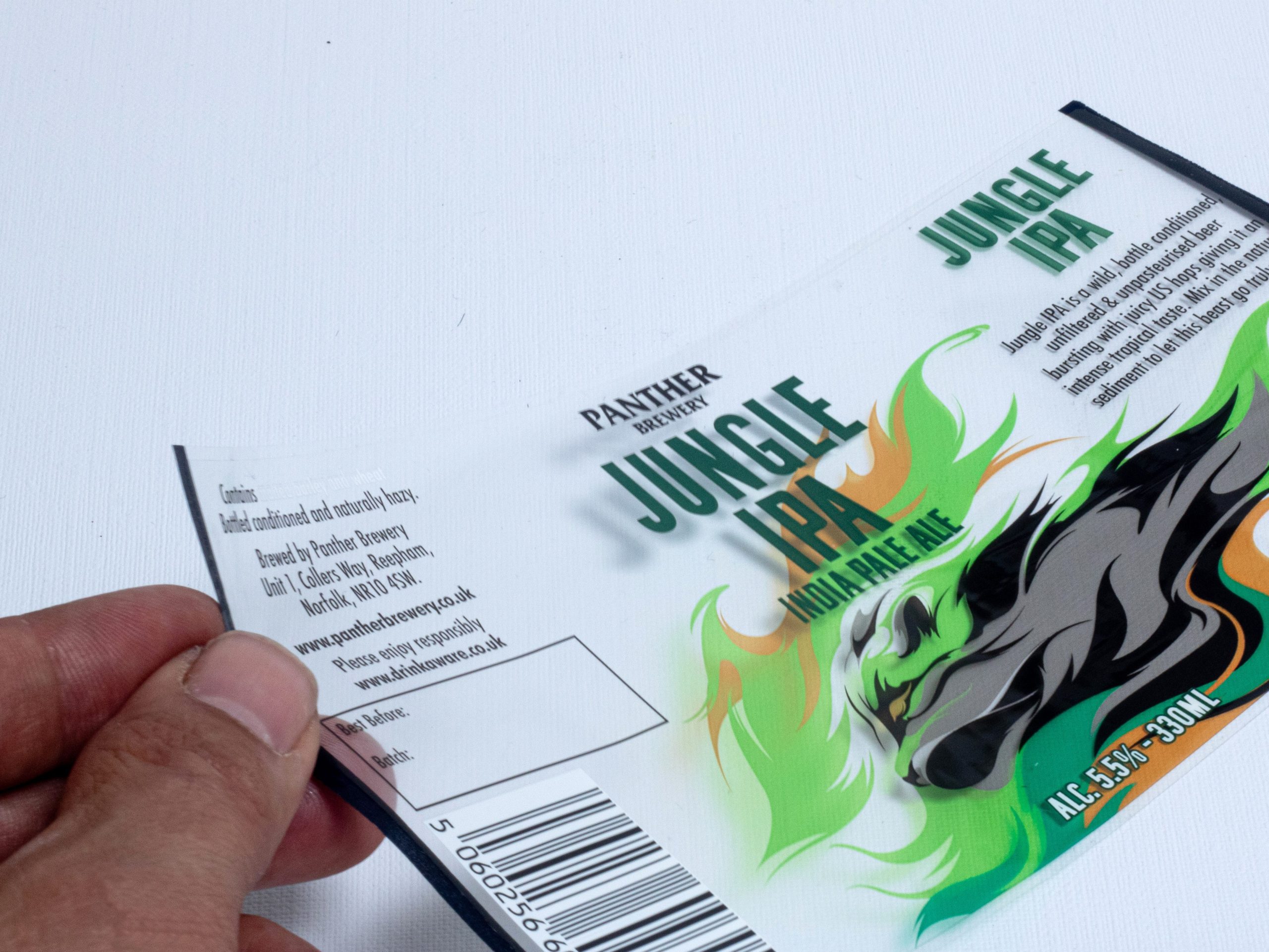
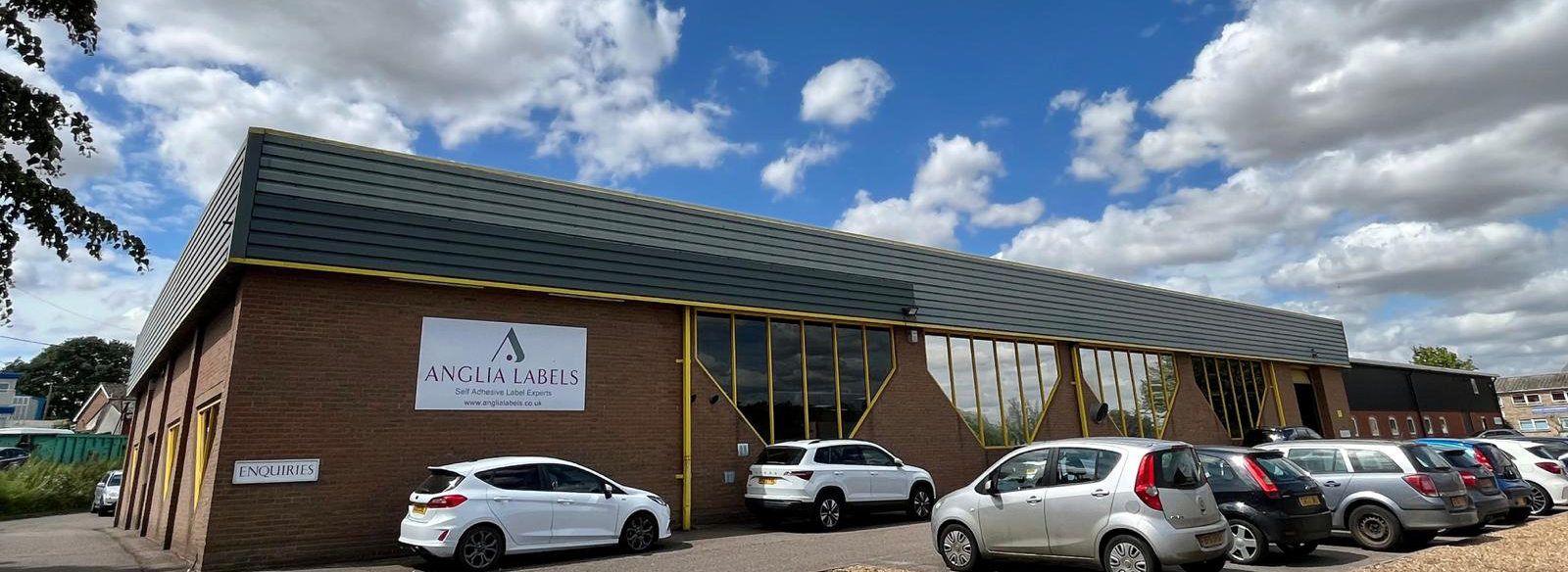
Both polyethylene labels and polypropylene labels offer excellent durability and resistance, making them reliable choices for different labelling applications.
The specific choice between the two depends on the desired properties, application requirements, and environmental conditions in which the labels will be used.
Our experienced team can easily help you make quick decisions about which material will work best for you project.
Contact our knowledgeable sales team to discuss your project.
Expert support from start to finish
Anglia Labels can help with the design and customisation to help you achieve your desired result. Contact our team of technical experts to discuss your label needs.